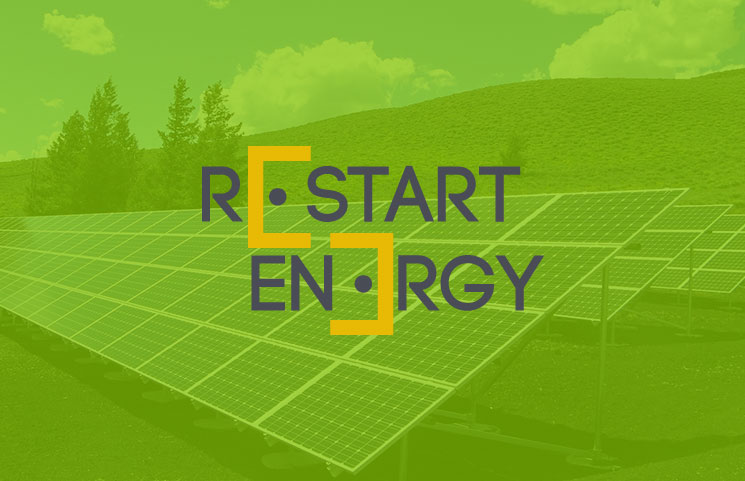
The project involves the installation of 3,867 photovoltaic panels, on an area of 9,866 square meters, on the roof of the Petra Pavaje factories in four locations: Alba Iulia, Ploiești, Arad, and Roman. The photovoltaic generator will produce 45,775 MWh in the next 25 years, meaning a reduction in electricity costs of 5,149,725 euros. Thus, the company’s investment of over 1 million euros will be amortized in less than 5 years.
The investment aims to cover 23% of Florea Grup’s energy consumption and involves a reduction of the company’s carbon footprint by 15,775 tons and radioactive waste by 150 kg.
“Photovoltaic systems are a convenient and reliable solution for streamlining operating costs. Such a system produces green energy over a long period with minimal maintenance costs. In fact, photovoltaic systems are so competitive that the cost of producing solar energy for a new plant that also needs amortization is twice as low as the cost of producing a coal plant already amortized”, says Armand Domuță, General Manager of Restart Energy.
In January 2021, Restart Energy signed a partnership with the US fund Interlink Capital Strategies in Washington DC to finance the development of 500 MW of renewable projects in Romania by 2025, to provide 100% green energy produced locally to all final customers.
In February 2021, Restart Energy successfully launched the first issue of convertible green bonds in Romania that were listed on the Bucharest Stock Exchange, under REO26 code.
In September 2021, following a 4-year development, Restart Energy launched another unique worldwide project, a platform based on owned certification blockchain technology for both carbon print, as well as CO2 avoided to be eliminated in the atmosphere. The platform allows trans-actions between participants for environmental attributes and renewable energy, www.redplatform.com.
Every time someone plants a tree, clears a beach, consumes green energy, or takes any environmental action, they can register this action on the RED platform. Once the data is validated in the platform, the equivalent CO2 footprint is calculated and tokenized carbon credits are issued that can be used to buy green energy or to obtain the cash equivalent. At the same time, a company can obtain carbon credits in the form of green tokens for their customers, through unique QR codes printed on products or purchase receipts.